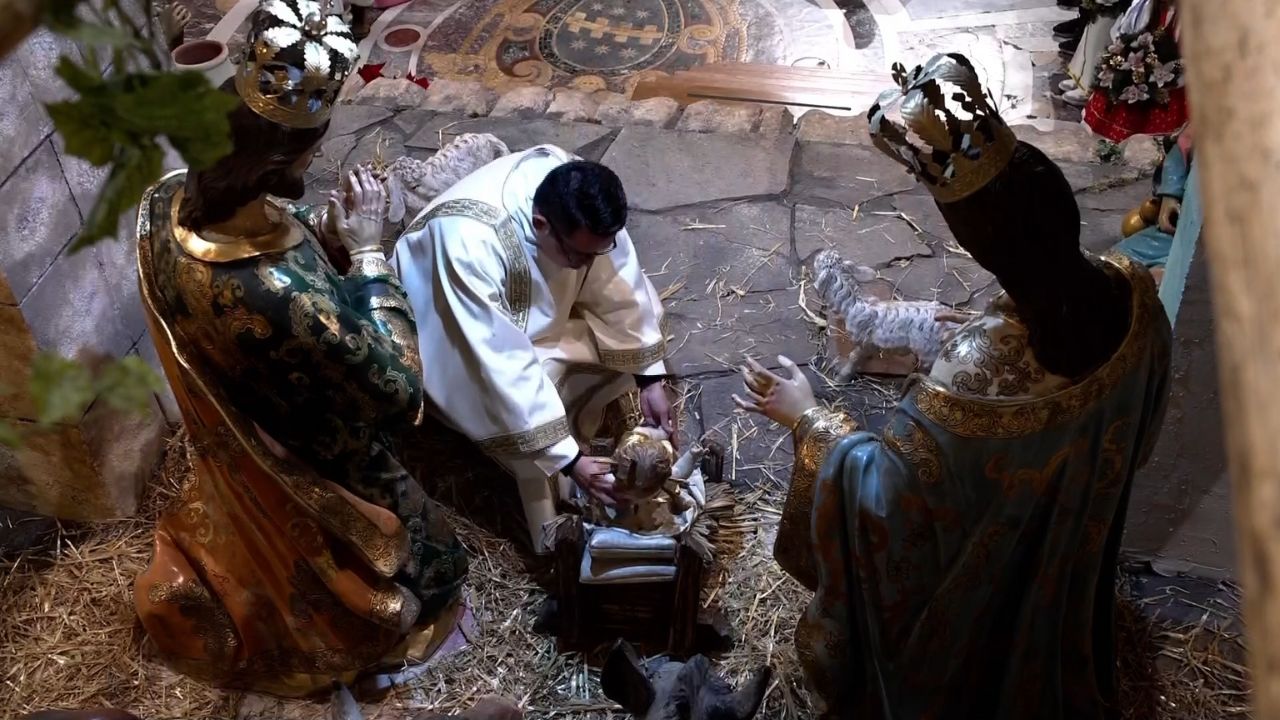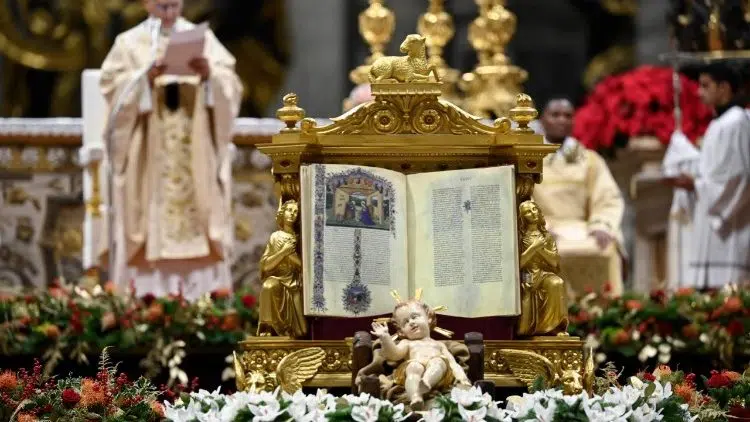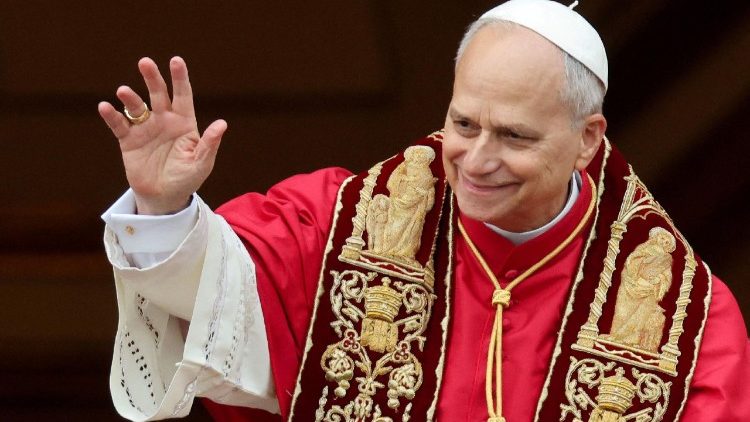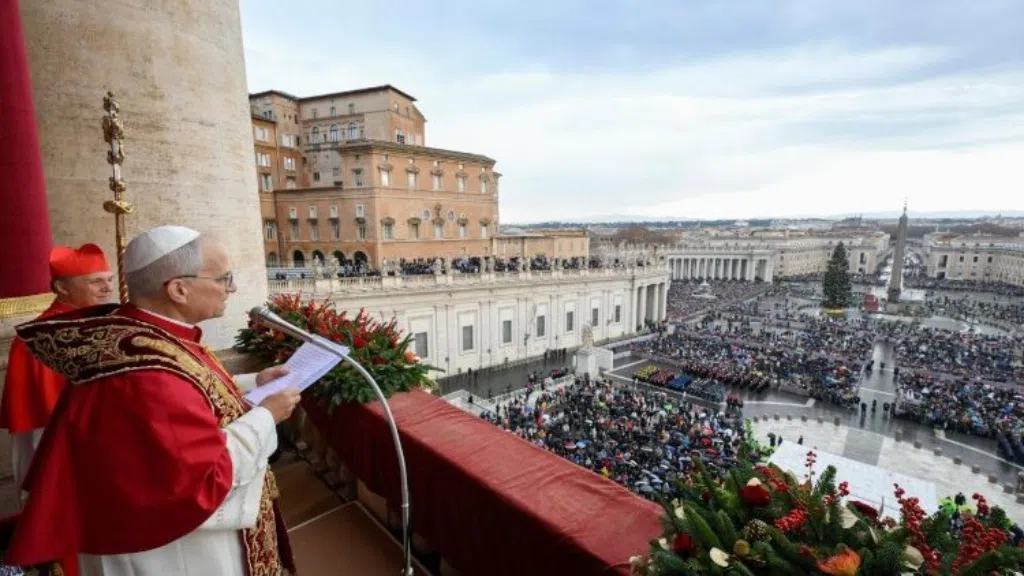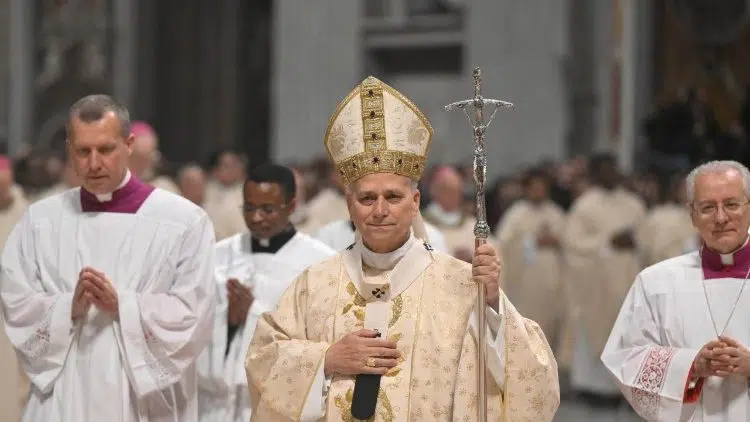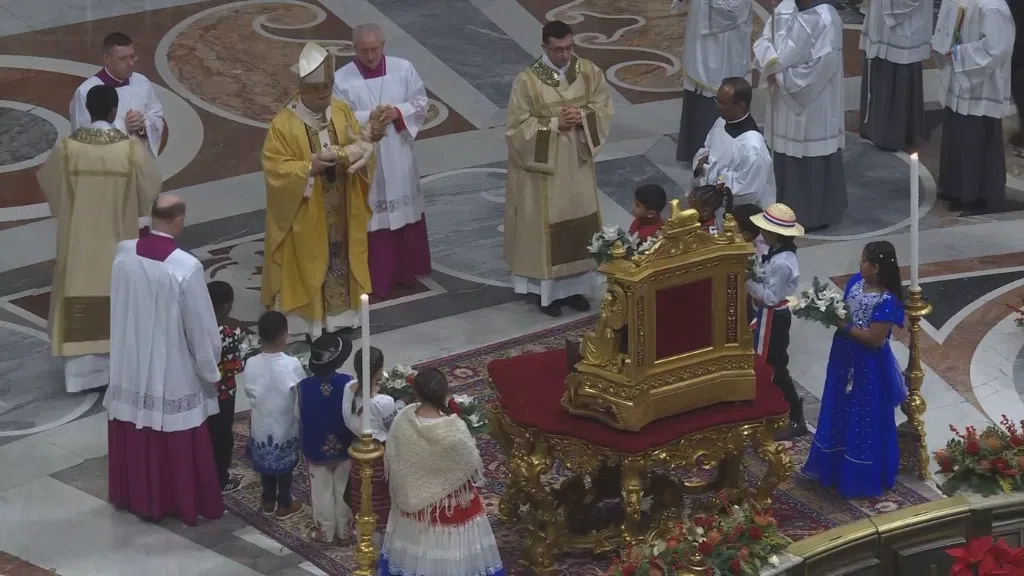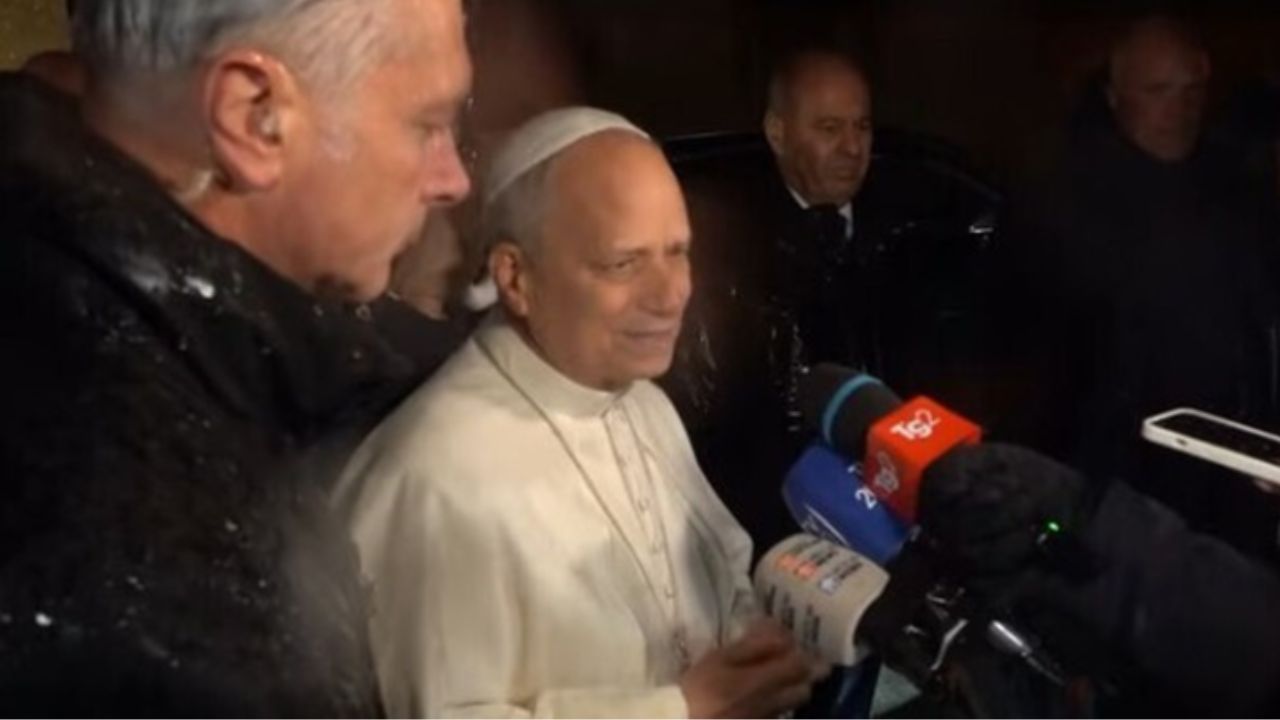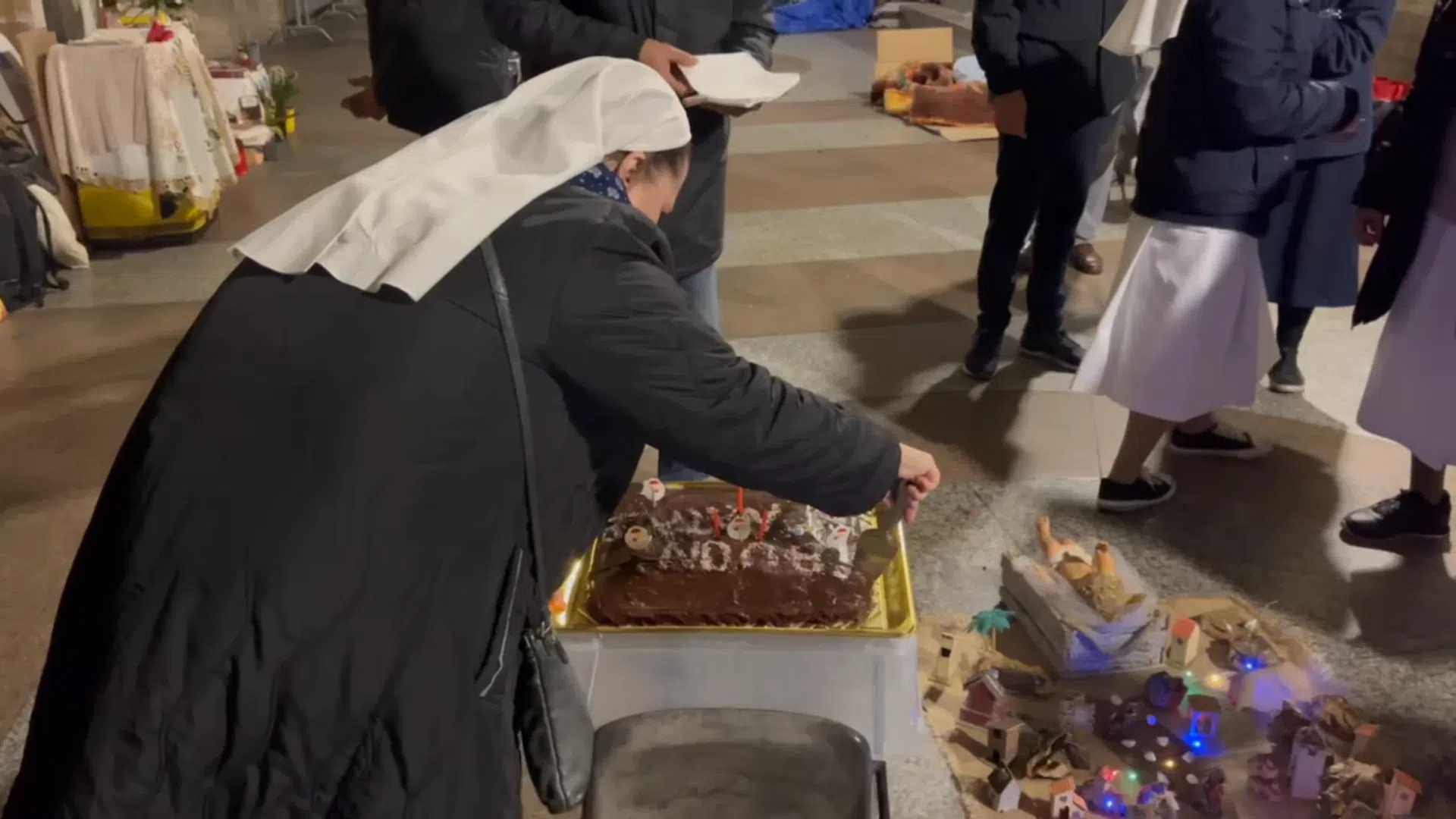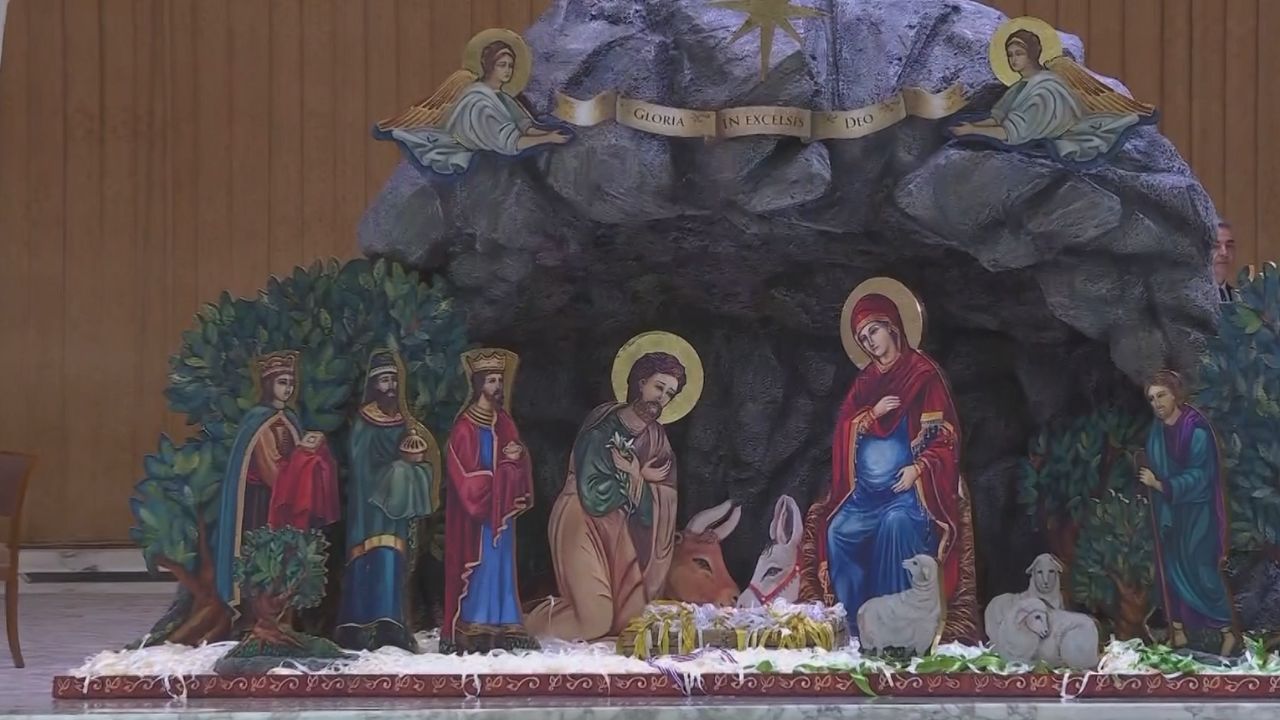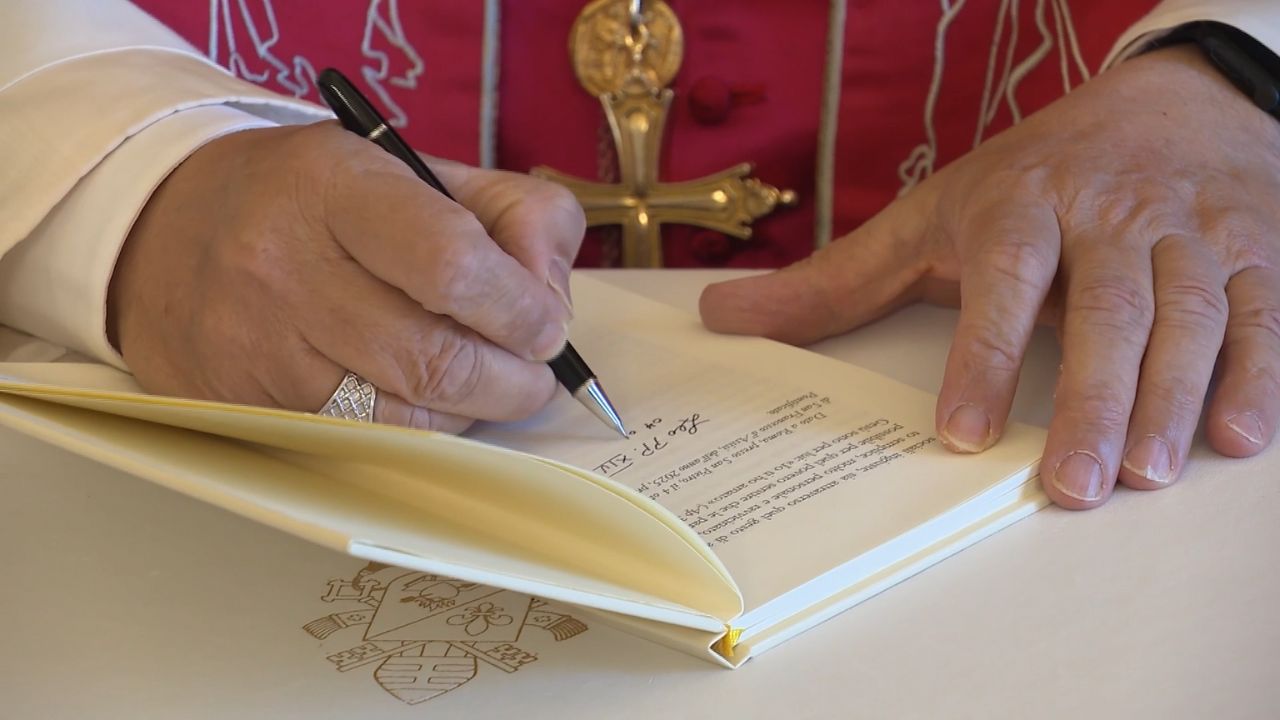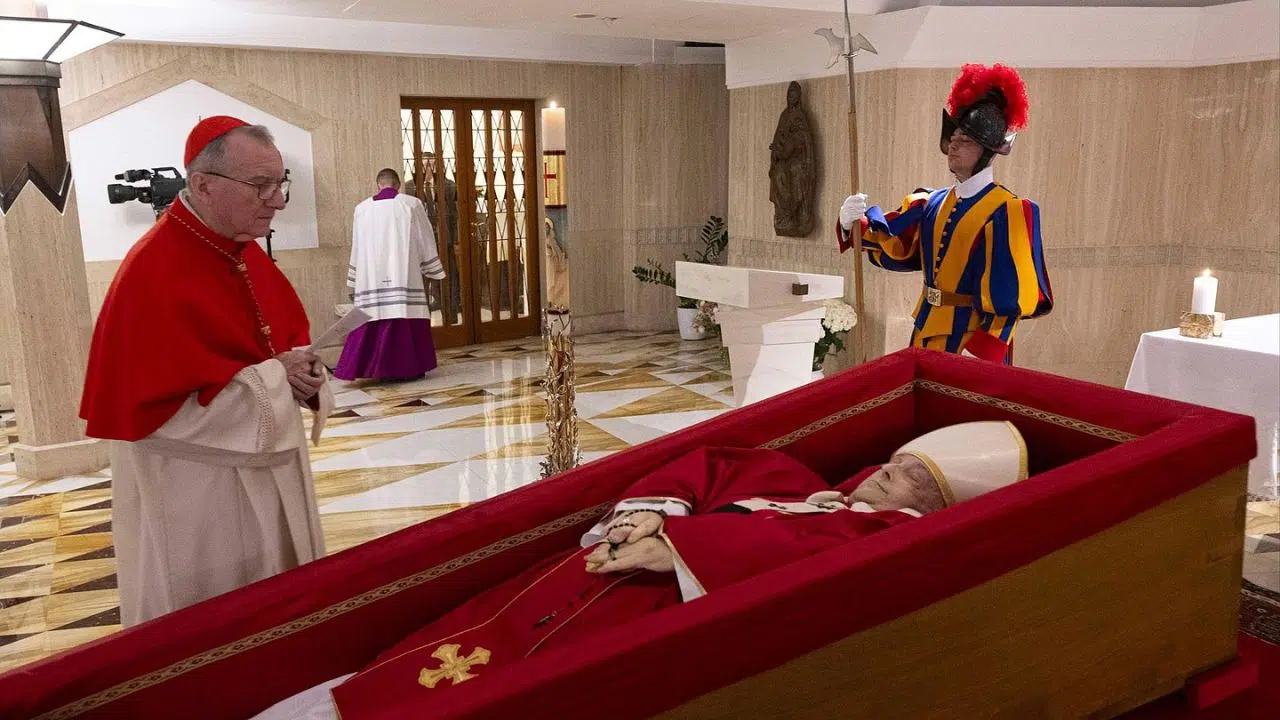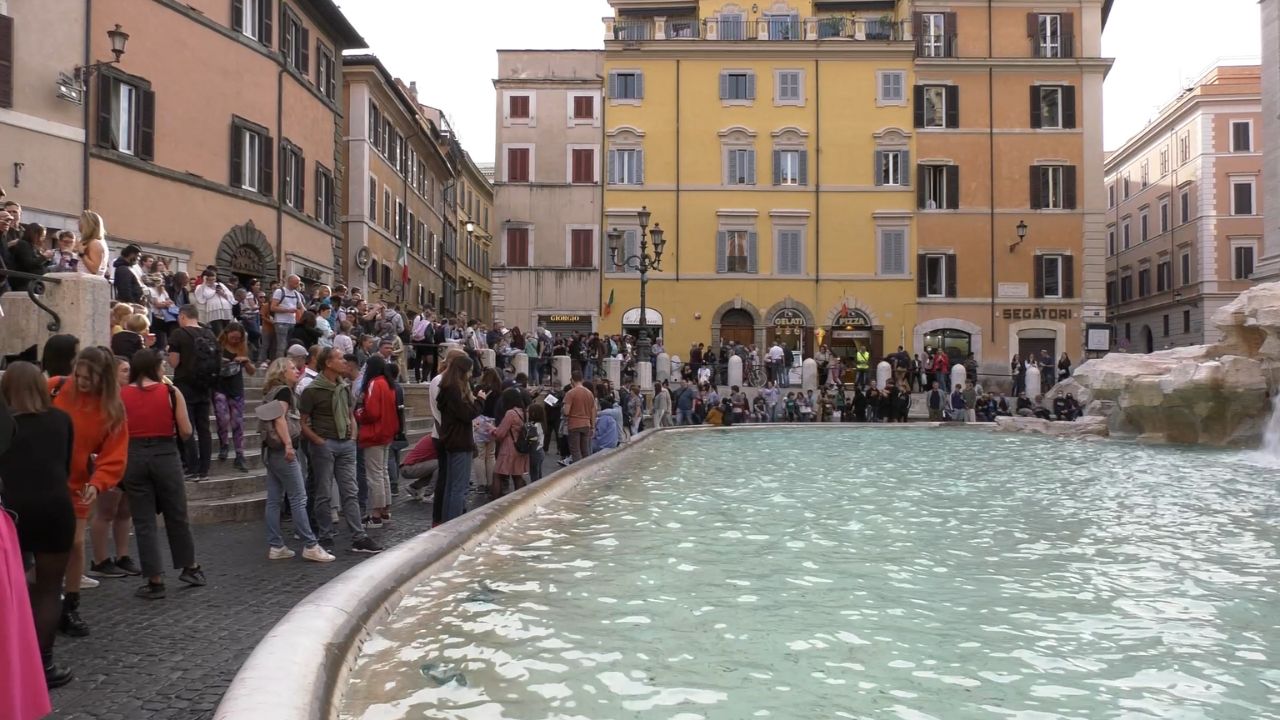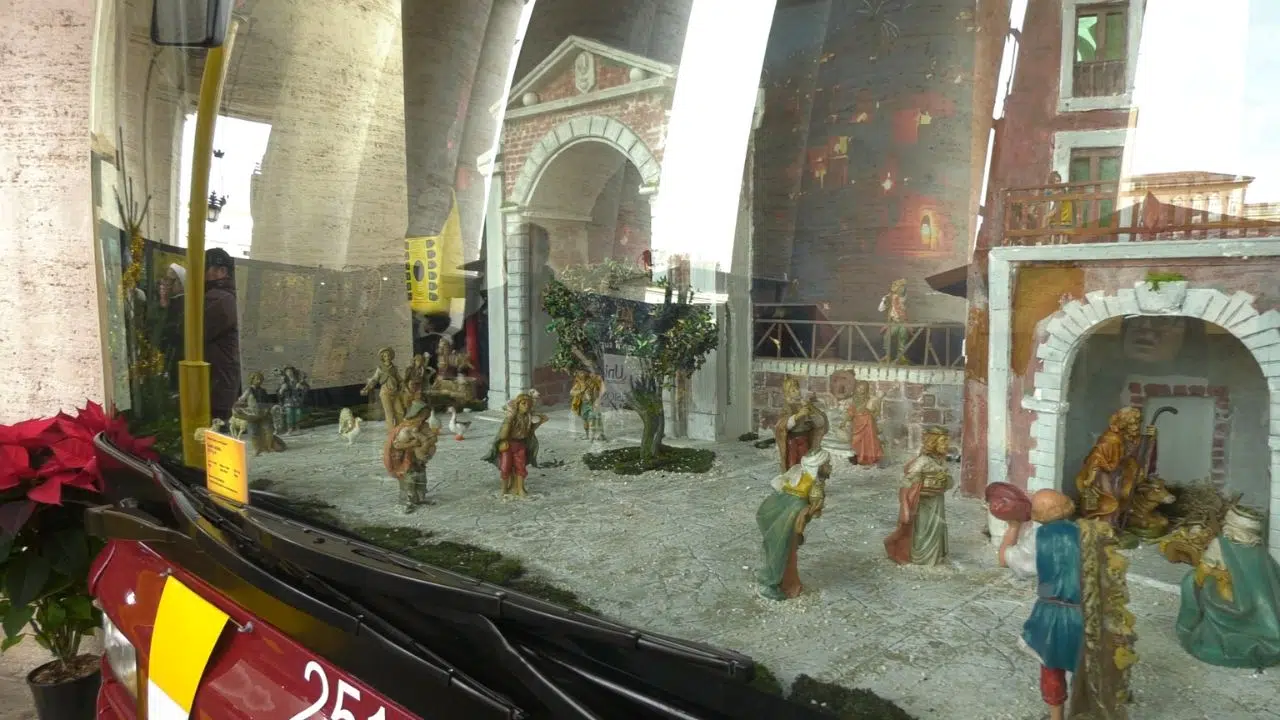Following the 2013 conclave that elected Francis, one of the missions of the new Pope was to continue economic reform, increase transparency and prevent corruption in the Vatican.
This work began with Pope Benedict XVI and it all started with a monetary issue.
CRISTIAN MENDOZA
Pontifical University of the Holy Cross
The European Union asked all of the nations that were part of the economic agreement, and that therefore use the euro, to have an agency dedicated to financial information —to ensure that money was not being used to fund terrorism and prevent money laundering from illegal activities.
Though the Vatican is not a member of the European Union, Italy is. And it is Italy that, by historical agreement, produces the Vatican's coins. However, Italy could not afford to produce two different currencies, so the European Union made an exception for the Vatican—it could use its own currency as long as the Vatican's financial system aligned with international standards of transparency and security.
So in 2010, Pope Benedict XVI created what is now ASIF, an authority to prevent money laundering.
And ASIF has kept busy. For example, it helped the Spanish National Police break up a criminal gang in Malaga that was embezzling money by impersonating the Holy See.
With his election to the papacy, Francis took charge of the reform. One of his first measures was to close 5,000 Vatican bank accounts. Another was to take inventory of the Holy See's real estate assets. Following this, the Pope created the Secretariat for the Economy in 2014.
Its first prefect, Australian Cardinal George Pell, discovered that 300 properties together totaled an income of only about $60,000 per year; a figure far short of Roman market prices.
CARD. GEORGE PELL
Former Prefect, Secretariat for the Economy
Who knows? I don't know. I mean, one of the stories was that quite a number of the properties were run down. But of course, anybody who's managing a portfolio of properties, makes it their business to keep the properties in good repair so they can be rented. Now, I'm not equipped to try to explain that brute fact, but I can vouch for the fact that that was in the reports. Now, that's indicative of all sorts of things. It's indicative of why we're in financial difficulty in the Vatican.
For this reason, Pope Francis ordered the balance sheets of the Roman Curia and the agencies dependent on the Vatican to be unified. The objective was to regain control of their accounts, promote transparency and avoid corruption.
CRISTIAN MENDOZA
Pontifical University of the Holy Cross
What they are doing is bringing all the financial data together so the Vatican can see what they have. This allows them to know exactly how much they have and how they can use it.
POPE FRANCIS
Rigorous expenditure control curbs the recurrent temptation of those in political or administrative positions to covertly manage resources.
Pope Francis centralized the administration of APSA, which is the office that manages the funds for the Roman Curia. It was previously managed by the Secretariat of State, which lost a great deal of control with this change.
BP. NUNZIO GALANTINO
Former President, APSA
There is now a division between those who those who administer and those who control. Because one of our limitations was that there was a sector of the Holy See that administered, but did not submit to controls. So, today, this no longer exists. It is true that APSA administers, but it has a lot of oversight.
One of the controls over APSA is the Office of the Auditor General, another department that was created by Pope Francis in 2014. In addition to supervising, it receives tips about possible cases of corruption in the Vatican. The accusations of embezzlement and fraud against Cardinal Angelo Becciu came, precisely, through this channel.
ALESSANDRO CASSINIS
Vatican Auditor General
It all started from two reports to the promoter of justice: one I made and one by the Vatican Bank. This led to an investigation and a process that lasted over a year. But if someone references that, they could say: “Oh, they failed.” But that was the past and it is different now. And so this difference is proof, in my humble opinion, that the Pope's economic reforms have been successful.
These financial reforms have been carried out under the supervision of the Council for the Economy, which was also created 10 years ago. It is headed by German Cardinal Reinhard Marx and includes prelates and lay people. Pope Francis created it to prevent the Secretariat for the Economy from assuming all power.
Even with these reforms, the Vatican is still working to achieve a major goal: regaining its credibility.
MAXIMINO CABALLERO
Prefect, Secretariat for the Economy
Although it has been in place since 2014, operating since 2014, in historical perspectives we are practically starting. Therefore, we have to be patient. We have a lot of work ahead of us. There will be continuous adjustments, but all these adjustments have to lead us, and this is the ultimate goal, to put the Holy See as an international reference from some points of view. From the point of view, in this case, of transparency; from the point of view of recovering our credibility.
In the past 10 years of Francis' papacy, not only structural measures have been implemented; some personal measures have also been taken so that the employees of the Holy See set an example themselves. Thus, members of the Roman Curia, including cardinals, may not have assets in tax havens or receive gifts of more than 40 dollars.
CA/JRB
TR: AT
